Princeston: Solutions for Clean Water
Facing climate change and its effects is an increasingly difficult task, which not only poses a challenge to the transition of the energy business but affects all parts of life: More and more extreme weather phenomena leading to longer periods of droughts or even desertification in many regions, which endangering fresh water supply in the process.
Desalination techniques can, in principle, solve this challenge. However, this technology is not free of critique either, mainly due to its high energy consumption, reliance on fossil fuels, and thus bad environmental impact.
In today‘s interview, we are talking to the desalination company Princeston Ltd. which not only provides a more effective desalination technology but is also dedicated to delivering eco-friendly solutions by cutting the technology‘s dependence on fossil fuels.
Why did you Start a Desalination Company?
The lack of fresh water, especially of a certain quality, has been well-known for years. Almost 97% of the water on Earth is salt water. That’s why, many years ago, we began looking for technical solutions to convert salt water into potable water. Fourteen years ago, we founded the company Princeston Ltd. and started dealing with water desalination professionally.
What is Your Product?
At our desalination company, we’re dedicated to producing desalination units based on vacuum distillation principles, not reverse osmosis. Our flagship product is an advanced and highly efficient desalination unit that can transform seawater or brackish water into clean, high-quality, drinkable water. In light of the world’s population growth and the impact of climate change on freshwater resources, desalination has become a crucial technology in providing access to safe and reliable drinking water.
Our desalination units find applications in various settings. They are ideal for coastal areas and arid regions, where water scarcity poses significant challenges. By providing a reliable source of drinking water, our units reduce dependency on groundwater and minimize the risk of depletion. Also, our technology is suitable for places with sufficient but poor-quality water, which causes health problems. Moreover, for islands with limited or no water resources, our technology offers a sustainable solution to meet the needs of both populated and uninhabited communities.
Industries such as various power plants, oil and gas refineries, and chemical plants also benefit from our vacuum distillation technology. These industries require large amounts of demineralized and spotless water for their operations, and our units provide a reliable and efficient source of this kind of water, easing the strain on existing freshwater sources and increasing overall operational efficiency.
Moreover, we have developed a mobile desalination unit, which serves as a valuable solution for emergencies, including disaster-stricken areas and regions affected by conflicts. Its mobility and simplicity allow for quick deployment, providing life-saving access to clean water during critical times.
And this is not all: Agriculture uses our treated water for irrigation. This opens up new possibilities for agricultural production, especially in scarce freshwater areas. As an example of a region with disappearing groundwater reserves, we can look at the American Midwest, where the entire irrigation system is collapsing. Particularly in the last 60 years, farmers have drained the water supplies that have been built up in the previous 60,000 years, and today, in many places, the water has run out. Farmers can also grow crops in previously unsuitable areas by irrigating crops with desalinated water. Other applications for our desalination units include shipping and using waste heat from the boat engines to produce drinking water. Similar principles apply to oil and gas platforms.
As a company, we are continuously innovating and researching to enhance our products’ energy efficiency and sustainability. Despite environmental challenges, we envision a future where our desalination units play a pivotal role in ensuring a stable water supply for communities and industries worldwide.
What is the Future Perspective of Your Desalination Units?
Given the increasing global demand for reliable water sources, we look optimistically to the future of our company. As freshwater supplies dwindle and populations grow, our desalination units offer a sustainable solution to ensure a stable water supply in water-scarce regions. They provide high-quality drinking water, reduce the dependency on traditional freshwater sources, and contribute to economic development in these areas. Moreover, our mobile desalination units can provide immediate relief and support during emergencies, helping to save lives and mitigate water-related crises.
Are Your Products Combinable with Renewable Energy?
Addressing environmental concerns, we have made significant efforts to integrate renewable energy sources, such as solar, wind, or hydro, into our desalination units. In addition to systems powered only by one energy source, hybrid systems combine multiple energy sources to power the desalination units. For example, we offer combined solar-hydrogen, pyrolysis-hydrogen, or solar-wind systems, which can also be backed up by energy from the grid or a battery. Hybrid systems provide greater reliability and flexibility as well as greater energy efficiency.
In addition, our desalination technology can use waste heat, which otherwise would remain unused. We prefer this method for both economic reasons (negligible operating costs) and to contribute to reducing emissions, making our technology effectively CO2-neutral.
Overall, using renewable energy for our desalination units is essential to a more sustainable and affordable future for drinking water production. Using renewable energies, waste heat, and hybrid systems can reduce our dependence on grid electricity and fossil fuels, lower operating costs, and create a more resilient water infrastructure.
What are the Challenges You are Facing?
Ensuring a reliable and sustainable energy supply to power our desalination units is our primary challenge. While renewable energy integration shows great promise, its availability and consistency can be a concern, especially in disaster or conflict zones. To overcome this challenge, we invest in research and development to develop advanced energy storage systems and hybrid solutions, ensuring our units can function optimally even in challenging energy environments.
What are Your Future Plans?
We seek to partner with humanitarian organizations and government agencies to rapidly deploy our mobile desalination units during emergencies and critical situations, offering immediate water relief to those in need. Also, we are committed to further developing desalination technologies to push the boundaries of energy efficiency and sustainability.
Further Readings and Contact
I investigated the advantages of desalination units based on the vacuum distillation principle and compared them to the reverse osmosis technique. You can find my articles on my LinkedIn profile.
For more information or to get in touch with our company, please visit our website at www.princeston.eu or contact our customer support team at info@princeston.eu We are open to inquiries, collaborations, and partnerships that share our mission of providing sustainable water solutions to communities and regions facing water scarcity and challenges during disasters.
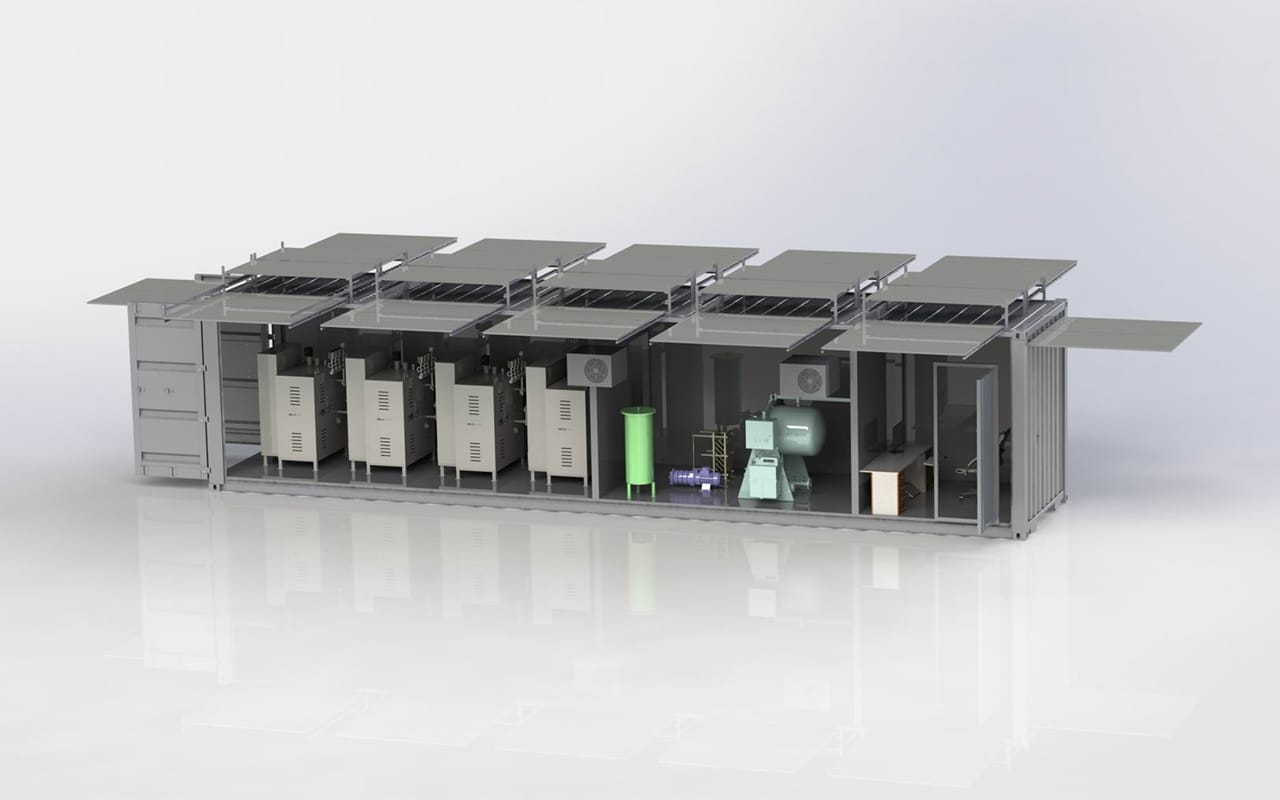
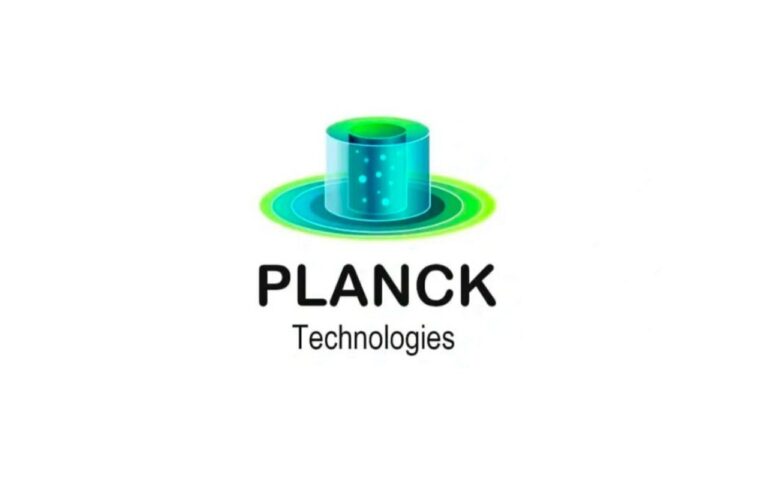
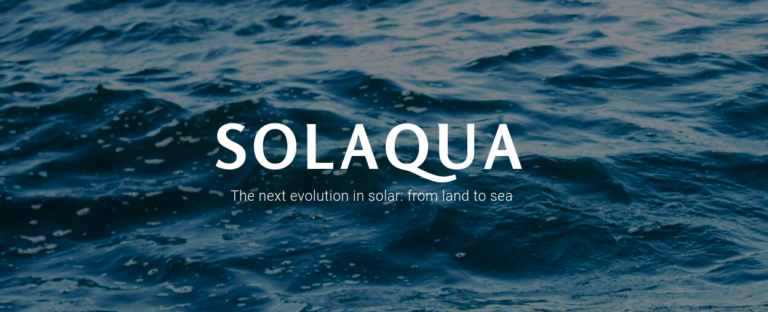
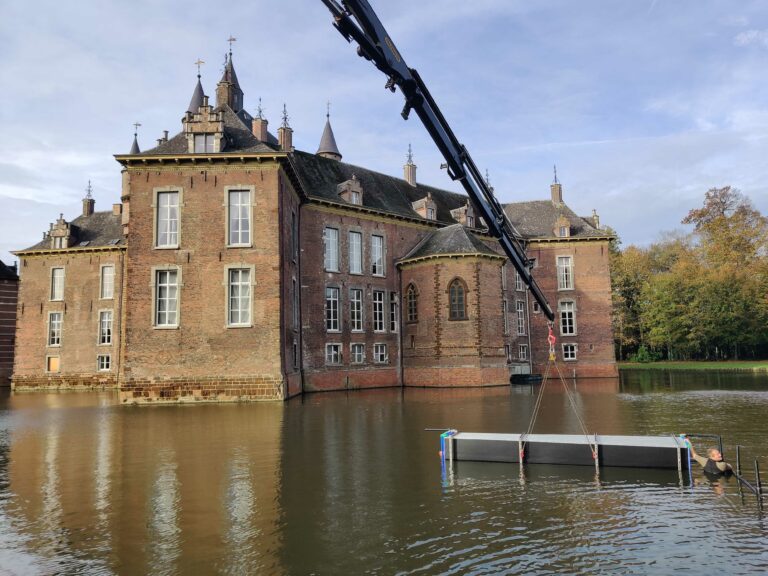


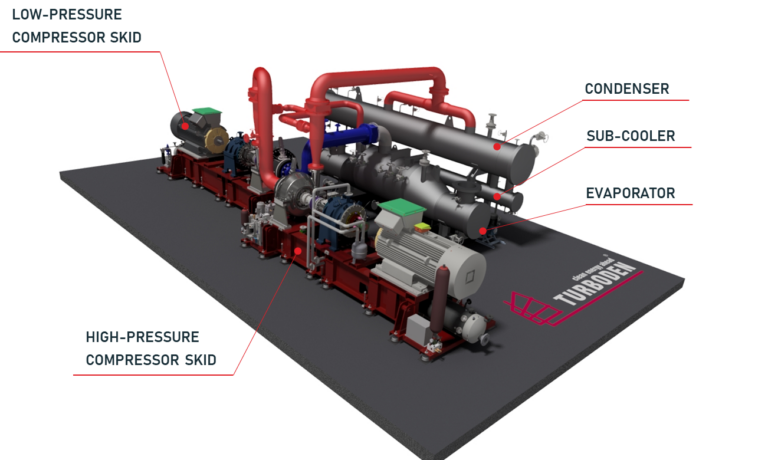
One Comment